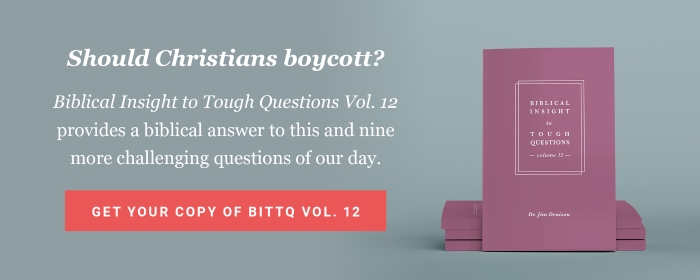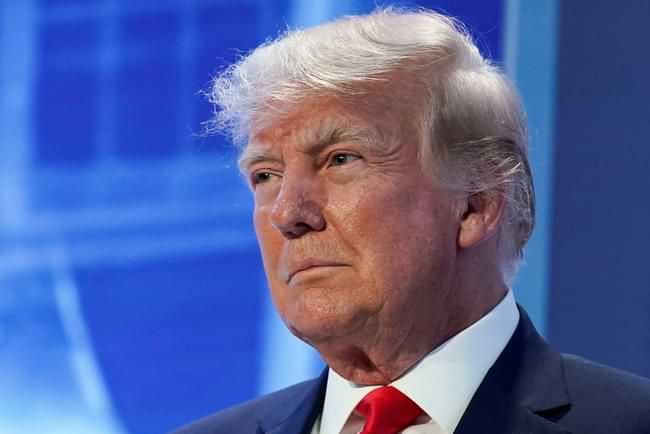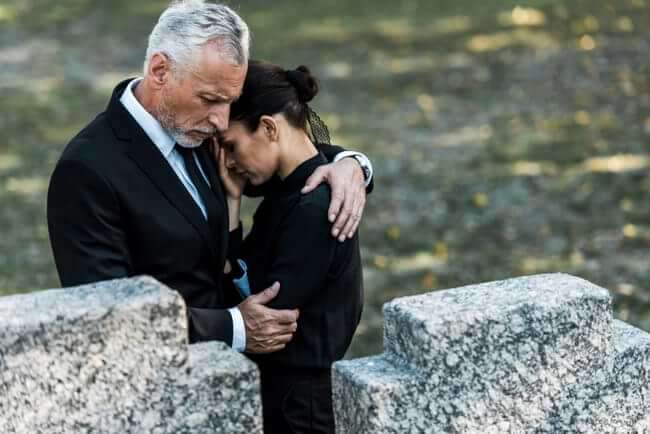| On April 4 of this year, former President Donald Trump was indicted by Manhattan District Attorney Alvin Bragg for his role in paying hush money to a porn star on the eve of the 2016 election, the first time in US history a former president has faced criminal charges.
On June 8, he became the first former president charged with federal crimes when he was indicted on thirty-seven felony counts related to “willful retention” of national security information after leaving the White House. Three additional charges were filed in late July.
On August 1, he was indicted for alleged efforts to interfere with the peaceful transfer of power after losing the 2020 election.
This morning we are learning that he is facing a fourth indictment. A grand jury in Atlanta has charged Mr. Trump, Rudy Giuliani, and other allies with operating a criminal enterprise that attempted to overturn Joe Biden’s electoral victory in Georgia.
Has our government been weaponized?
CNN reports, “There is a deep and sincere belief among many Republicans that the multiple indictments against Trump are proof of his claims that the US government has been weaponized to persecute him by Democrats who fear his return to the White House.” As evidence, the article adds, “The country has never seen federal prosecutions of a potential major party nominee effectively under the auspices of the administration of his possible general election opponent.”
Mr. Trump’s supporters also point to the now-disproven allegations of collusion in the Russian investigation and the recently collapsed plea deal for the president’s son, Hunter Biden. Many also oppose the naming of David Weiss, the US Attorney for the District of Delaware, as special counsel in the Hunter Biden administration, viewing it as further evidence of political collusion.
I remember when the shoe was on the other foot. After five justices who had been nominated by Republicans to the US Supreme Court stopped the recount in the 2000 presidential election, resulting in victory for George W. Bush, many Democrats complained of political bias in the “stolen” election. Many opponents refused to consider Mr. Bush the US president.
Is America “too far gone”?
The viability of any democracy depends on the degree to which the people trust the processes and institutions by which they are governed.
When sizable parts of the nation become convinced that instruments of government can be weaponized for political purposes, some give up on the process, choosing not to run for office, vote for candidates, or otherwise participate in their democracy. I often hear from people who have stopped watching the news or paying attention to “anything coming out of Washington,” convinced that America’s governance is “too far gone” to be redeemed.
By contrast, some view their political opponents as the enemies of democracy, convinced that they must do whatever it takes to defeat them so as to preserve America for future generations. The ends justify the means in this regard: if the “other side” has weaponized its political and financial resources, we must do the same.
And some are not convinced that things are so bad that we should abandon hope in our democracy or vilify and attack our political opponents. But they concede that the unprecedented indictments of Donald Trump mean that our democracy is on unprecedented political ground with an uncertain future.
There’s a fourth way to view the current state of American democracy, one I invite you to embrace with me today.
“Man becomes his own measure”
Any government “of the people, by the people, for the people,” as Abraham Lincoln so eloquently described us, is only as viable as the people. And yet Scripture says of the human race: “They have all fallen away; together they have become corrupt; there is none who does good, not even one” (Psalm 53:3).
As a result, we should not be surprised when our leaders act like the people who elected them. Whether you believe Mr. Trump is guilty of the crimes with which he is charged or the victim of a political conspiracy, you are accusing either a former US president or some of America’s highest governmental officials of significant moral failings.
The current character of our governance reflects the current character of our nation. Our post-Christian culture has abandoned belief in objective truth and morality, biblical authority, and the relevance of the Christian worldview. Many consider basic, orthodox biblical beliefs to be dangerous to our society.
Christians should not be surprised that we are where we are as a result. Consequently, rather than abandon hope in our democracy, this is time to redouble our efforts as Christians to redeem it.
This means that we pray fervently for a fifth great awakening that would transform our nation morally and spiritually. We pray for our leaders as Scripture commands us (1 Timothy 2:1–2), asking God to help them know and follow his will in serving our nation. We participate in our governance as godly citizens (cf. Romans 13:1–7). And we model the Christian civility we want others to exhibit (cf. Galatians 5:22–23).
Evangelist Myles Munroe was right: “Democracy without God is man’s worship and elevation of himself and his own intelligence or humanism, where man becomes his own measure of morality, judgment, and justice.”
Let’s pray and work for a democracy where God’s word becomes our measure of morality, judgment, and justice. If you believe this is impossible, you’re right in human terms. But remember Jesus’ words: “With man this is impossible, but with God all things are possible” (Matthew 19:26).
It is always too soon to give up on God. |














